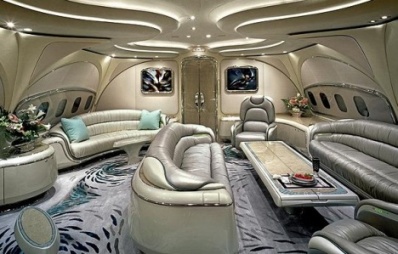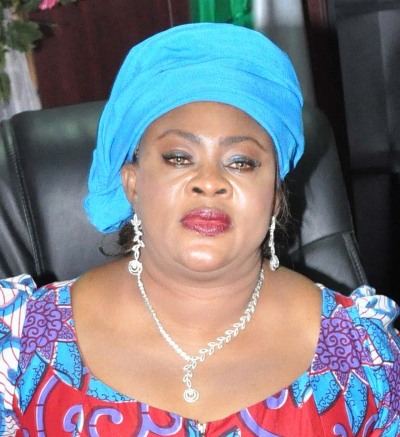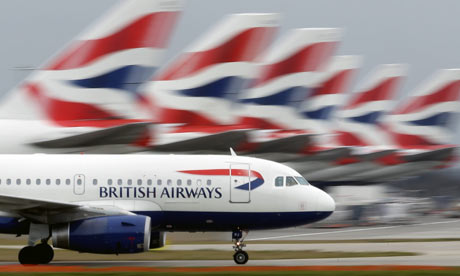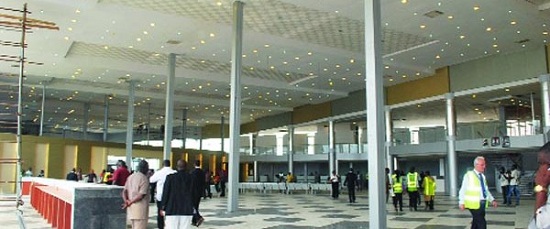NCAA Assures of Air-worthy Aircraft
The Nigeria Civil Aviation Authority (NCAA) has assured air passengers in the country that no aircraft operating on scheduled services for hire or charter is unsafe or has what is simply called crack.
NCAA said the Authority has certified all Nigerian aircraft.
This was made known by the Director-General of the Authority, Dr Harold Demuren, who was referring to the emergency AD call issued by the Federal Aviation Administration (FAA) of US , alerting on emergency airworthiness directive mandating fuselage lap-joint inspection for approximately 175 737 of Boeing 737-300, 400 and 500. This was in the wake of incident that occurred on April 1, 2011 in Yuma , Arizona , USA when a Boeing 737-300 suffered fuselage structural failure.
Boeing 737 is major aircraft type that operates in Nigeria and which is owned by many Nigerian airlines. But Demuren said that all of such aircraft operating right now in the country were safe.
The Director-General said that on April 5 2011, NCAA safety team reviewed the FAA emergency call and ordered all airlines affected to demonstrate compliance. Then on April 8, 2011, all the airlines were summoned to show evidence of compliance.
He said that in accordance to the stipulated regulation, the Authority ordered mandatory compliance with the requirements of the emergency AD 2011-08-51 and alerted all owners, operators of Boeing 737-300, 400, 500 registered in Nigeria .
The aircraft that are subject to check are all aeroplanes that fall under this category that have accumulated 35,000 or more flight cycles, adding that these must be inspected immediately or before next flight.
Also airplanes that have accumulated 30,000 or more flight cycles but fewer than 35, 000 flight cycles should be inspected within five days after April 5, 2011.
“Details of the accomplishment instruction are contained in the Boeing Alert Service Bulletin 737-53A1319 dated 4th April, 2011, which carry the aircraft serial numbers/line numbers affected,” Demuren explained.
He also said that Aero Contractors have seven Boeing 737-400 and 500 series, but none of the aircraft is affected either by the line numbers as aircraft are below threshold cycles.
Air Nigeria has eight Boeing 737-300 types but all the aircraft are not affected by the structural problem.
The same with Arik Air which has 15 Boeing 737 aircraft, but all are new, except two which are not affected and are below threshold cycle and the two old aircraft are undergoing maintenance in United Kingdom presently.
Chanchangi has leased two Boeing 737-300 aircraft from Jordan , but Boeing has confirmed that these two aircraft’s line numbers are not affected by the fault.
Also Skypower Express has Boeing 737-300 series operating in Nigeria , but the cargo aircraft has been inspected and no crack was found.
According to sources, FAA said airlines or operators of Boeing 737 aircraft with the said crack must conduct “initial and repetitive electromagnetic inspections for fatigue damage”.
Such action FAA said would “initially apply” to approximately 175 of the roughly 1,800 737 Classics worldwide.
But Demuren remarked that Nigerian is presently operating relatively modern fleet and that explained why such faulty aircraft types were not operating in the country presently. He observed that it was due to criticisms and attacks by the media that the Federal Government put a ceiling to the age of aircraft that would be operated by Nigerian airlines.
“We changed that fleet; if not we would have been in a serious mess. Because we have done that we have relatively young fleet. We are looking for cracks which cannot be seen by human eyes,” the Director-General said.
Source : Thisday








